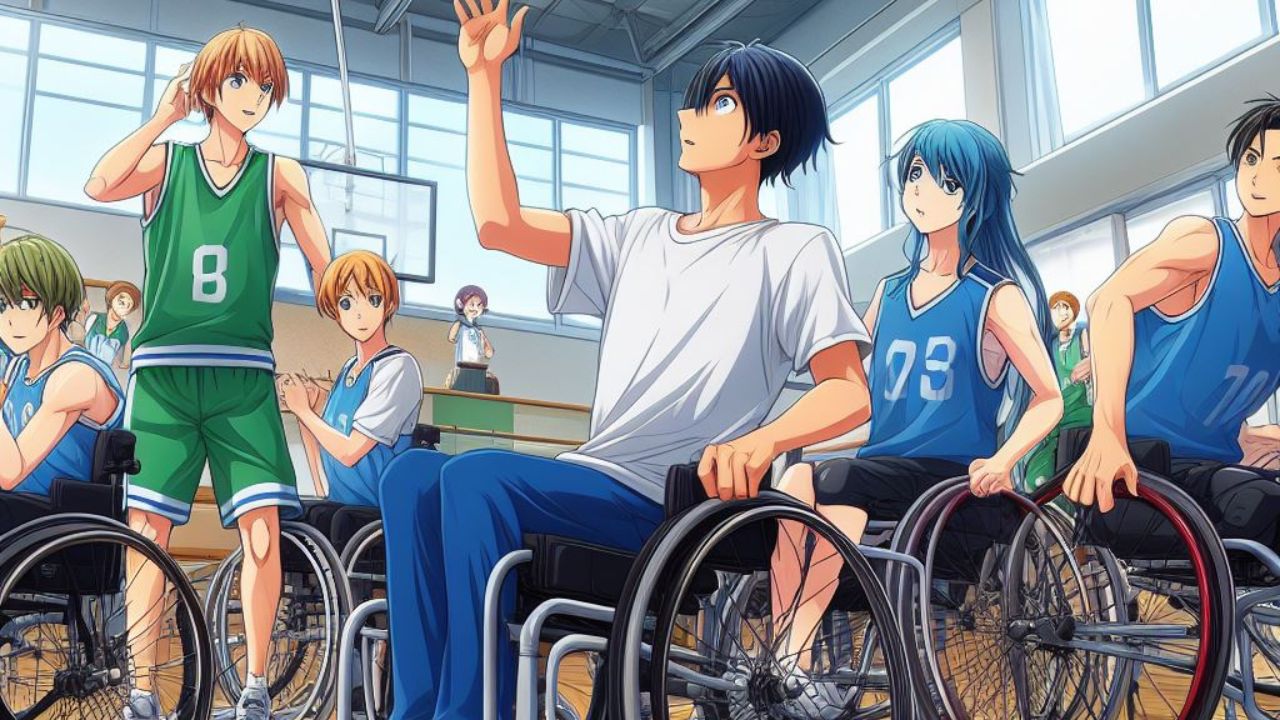
In this article, we explore the top 10 apps designed to enhance pediatric training and boost kids' mobility.
With a focus on balance and coordination training, fine and gross motor skills development, cognitive skills improvement, speech and language therapy, social skills building, visual perception enhancement, occupational therapy exercises, and adaptive technology solutions, these apps offer a specialized, knowledgeable, and patient-centered approach to pediatric training.
Discover how these innovative apps can provide children with the freedom to improve their mobility and overall well-being.
App 1: Balance and Coordination Training
One of the key features of App 1 is its ability to provide personalized balance and coordination training, allowing users to improve their motor skills and stability in a fun and engaging way.
This app offers a wide range of balance training exercises that target specific areas of the body, such as the core and lower limbs.
By incorporating interactive games and challenges, App 1 makes the training process enjoyable for children, encouraging them to stay motivated and committed to their exercises.
Through a series of guided movements and activities, users can enhance their coordination skills, improve their balance, and develop better control over their body movements.
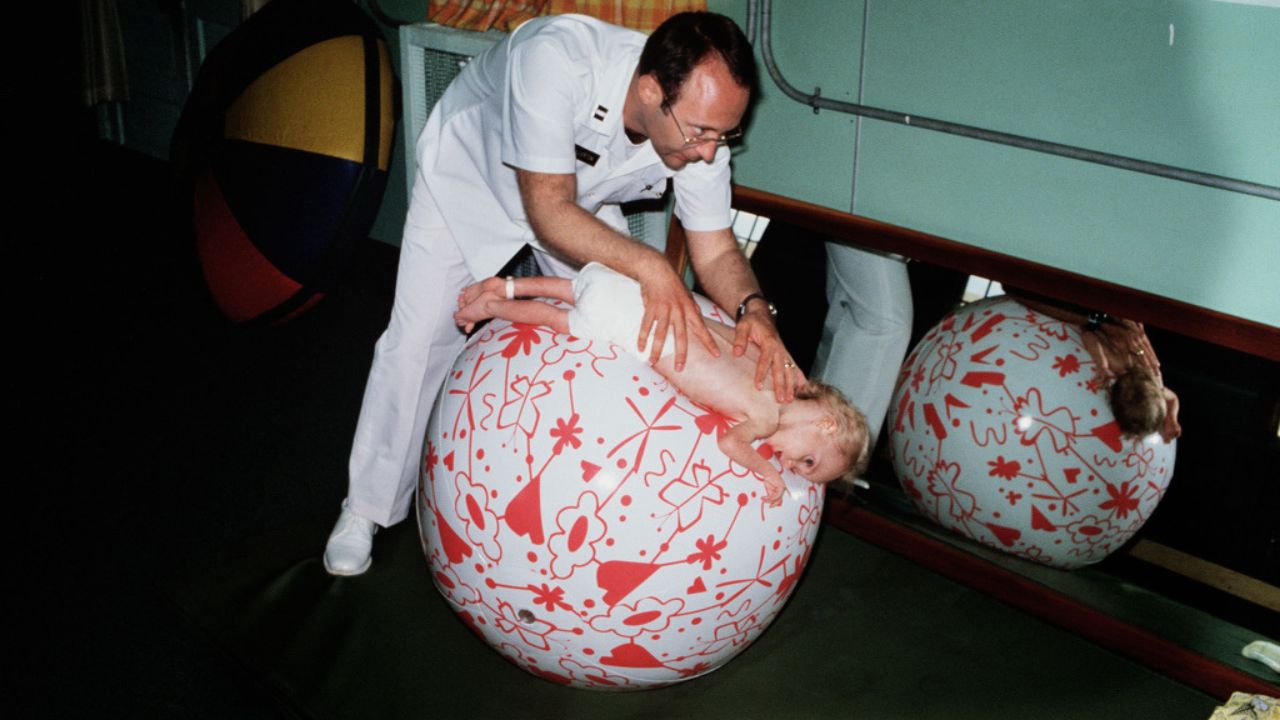
With its user-friendly interface and customizable training programs, App 1 provides a convenient and effective solution for children seeking to enhance their balance and coordination abilities.
App 2: Fine Motor Skills Development
App 2 offers a comprehensive range of activities and exercises that can be customized to suit children's individual needs, making it a valuable tool for enhancing their fine motor skills development.
This app provides a variety of fine motor skills assessment tools to evaluate children's current abilities and track their progress over time.
With a focus on hand-eye coordination exercises, App 2 aims to improve children's ability to manipulate objects, use utensils, and perform precise movements with their hands and fingers.
The app includes interactive games and challenges that engage children in fun and stimulating activities, while also targeting specific areas of fine motor skill development.
App 3: Gross Motor Skills Enhancement
The third application in our list focuses on enhancing gross motor skills in children through a variety of interactive exercises and activities. This app provides a comprehensive gross motor skills assessment, allowing parents and caregivers to track their child's progress and identify areas for improvement.
The app then offers personalized recommendations for outdoor activities that target specific gross motor skills. With a wide range of options, from running and jumping to climbing and balancing, children can engage in fun and challenging activities that promote physical development.

The app also provides instructions and tips to ensure safe and effective exercise routines. By incorporating outdoor play into a child's daily routine, this app encourages freedom of movement and fosters a love for physical activity.
App 4: Cognitive Skills Improvement
Developing critical thinking abilities is a key objective of the cognitive skills improvement app. The app offers a wide array of engaging puzzles and problem-solving activities for children to enhance their mental agility. This app utilizes various cognitive training techniques and memory improvement strategies to stimulate children's brain development and enhance their overall cognitive abilities.
Here are three ways this app helps children improve their cognitive skills:
Memory games: The app includes memory-enhancing games that challenge children to remember patterns, sequences, and visual information. By practicing these games regularly, children can improve their memory retention and recall abilities.
Problem-solving activities: The app presents children with a range of challenging problems that require critical thinking and analytical skills to solve. These activities help children develop their problem-solving abilities and enhance their logical reasoning skills.
Cognitive exercises: The app provides a series of cognitive exercises designed to improve attention, concentration, and focus. These exercises help children develop better cognitive control and mental flexibility.
App 5: Speech and Language Therapy
App 5: Speech and Language Therapy offers a comprehensive approach to improving communication skills in pediatric patients.

Through interactive language exercises, children are engaged in activities that target vocabulary expansion, sentence formation, and articulation.
The app also provides pronunciation improvement techniques, allowing children to practice and refine their speech sounds.
In addition, the app tracks progress and achievements, providing a motivating and rewarding experience for both patients and therapists.
Interactive Language Exercises
Enhancing children's language skills and promoting communication through interactive exercises has become a key focus in pediatric speech and language therapy. These exercises are designed to engage children in a fun and interactive way, while also targeting specific language goals.
Here are three effective interactive language exercises that can help improve pronunciation and overall language development:
Tongue Twisters: Tongue twisters are a fun way to challenge children's speech and pronunciation skills. These exercises involve repeating phrases or sentences that contain difficult sounds or combinations of sounds. By practicing these tongue twisters, children can improve their articulation and speech clarity.
Storytelling: Storytelling exercises encourage children to use their imagination and language skills to create and share stories. This activity helps enhance vocabulary, sentence structure, and overall communication skills. It also allows children to practice speaking fluently and coherently.
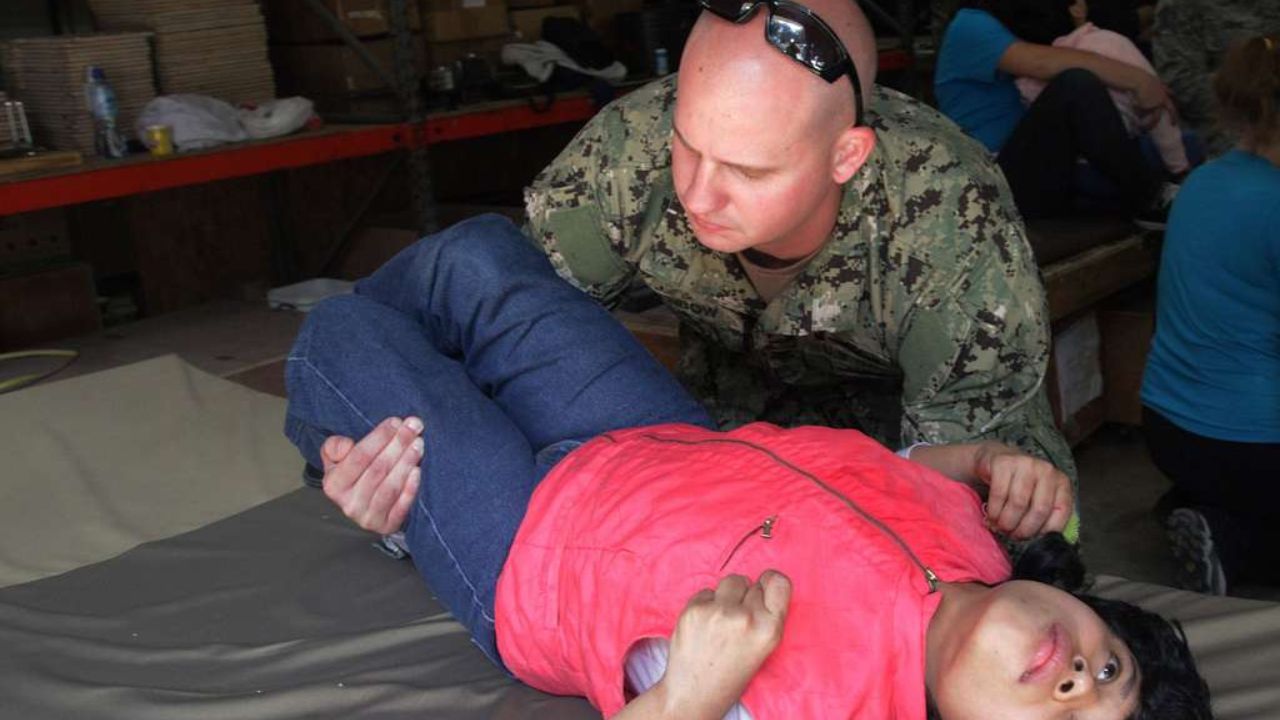
Role-Play: Role-playing exercises involve acting out different scenarios and taking on different roles. This interactive activity helps children practice using appropriate language and communication skills in real-life situations. It also promotes social interaction and collaboration.
Pronunciation Improvement Techniques
In the realm of speech and language therapy, therapists employ various techniques to facilitate pronunciation improvement in children.
Articulation techniques are one such method used to address specific speech sound errors. These techniques involve providing explicit instruction and practice on how to produce individual sounds correctly. For example, a therapist may use visual cues, such as mirrors or diagrams, to help children see and understand the correct positioning of their articulators (e.g., tongue, lips, and teeth).
Phonological awareness activities are another approach used to enhance pronunciation skills. These activities focus on developing a child's awareness and understanding of the sound structure of language, including recognizing and manipulating sounds in words.
Tracking Progress and Achievements
To effectively measure and evaluate the progress and achievements of children undergoing speech and language therapy, therapists can utilize various tools. These tools include data tracking systems and standardized assessments. Additionally, therapists can incorporate the use of targeted apps.
Data tracking systems and standardized assessments provide a structured approach to goal setting and progress tracking. This ensures that therapy sessions are tailored to meet the individual needs of each child. By using data tracking systems, therapists can monitor the child's progress over time. This allows them to identify areas of improvement and areas that may require additional attention.
Standardized assessments serve as a benchmark to assess the child's overall development. They also allow therapists to compare the child's progress to age-appropriate milestones.
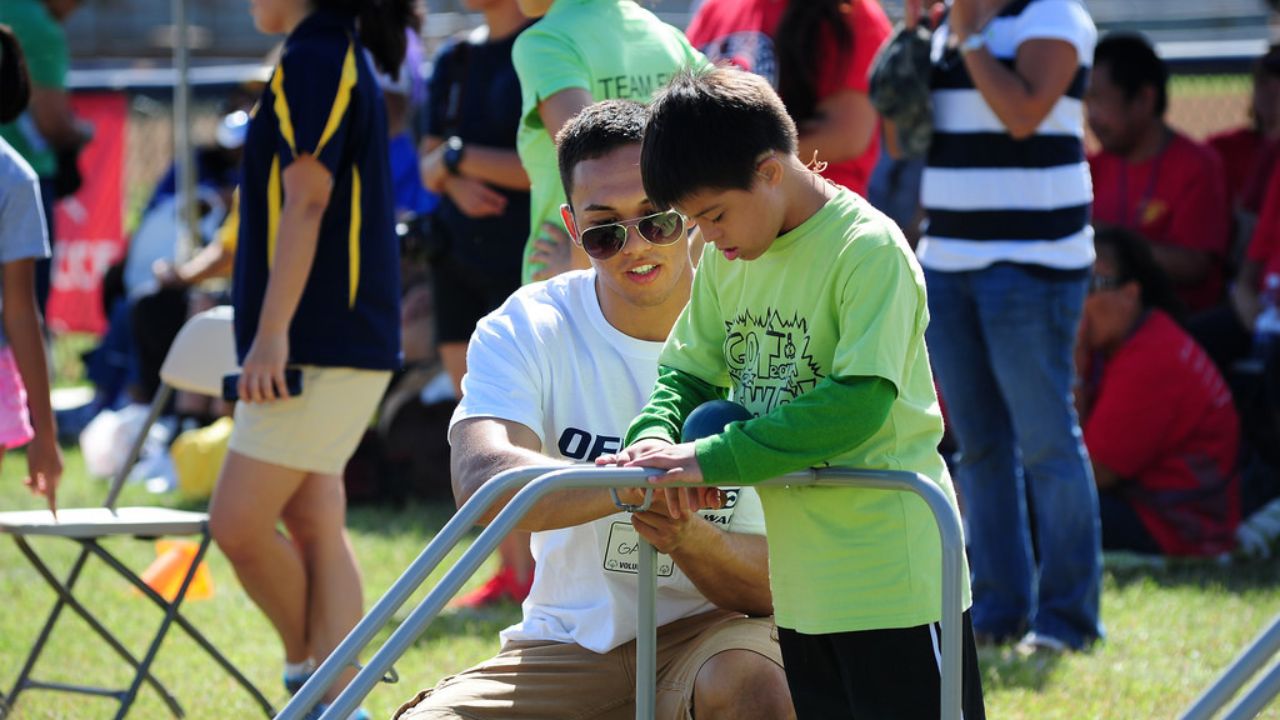
Furthermore, incorporating the use of targeted apps adds an element of fun and engagement to the therapy process. These apps provide rewards and incentives for completing tasks, which further motivates children to actively participate in their therapy journey.
App 6: Sensory Integration Training
Although sensory integration training is a key aspect of pediatric therapy, App 6 offers a comprehensive and user-friendly platform to facilitate this essential training.
This app provides a wide range of sensory integration techniques and activities that are designed to stimulate and engage multiple senses simultaneously. With its interactive and customizable features, App 6 allows therapists to tailor the training to each child's specific needs and preferences.
The app includes a variety of multisensory activities, such as tactile games, visual exercises, and auditory simulations, all of which promote the integration of sensory information and ultimately enhance a child's mobility and overall development.
Additionally, App 6 offers progress tracking and data analysis tools, allowing therapists to monitor and evaluate a child's progress over time.
This comprehensive and user-friendly app is an invaluable tool for pediatric therapists seeking to optimize sensory integration training and help children achieve their fullest potential.
App 7: Social Skills Building
App 7: Social Skills Building focuses on enhancing children's social interactions through virtual experiences that promote real-world application skills.
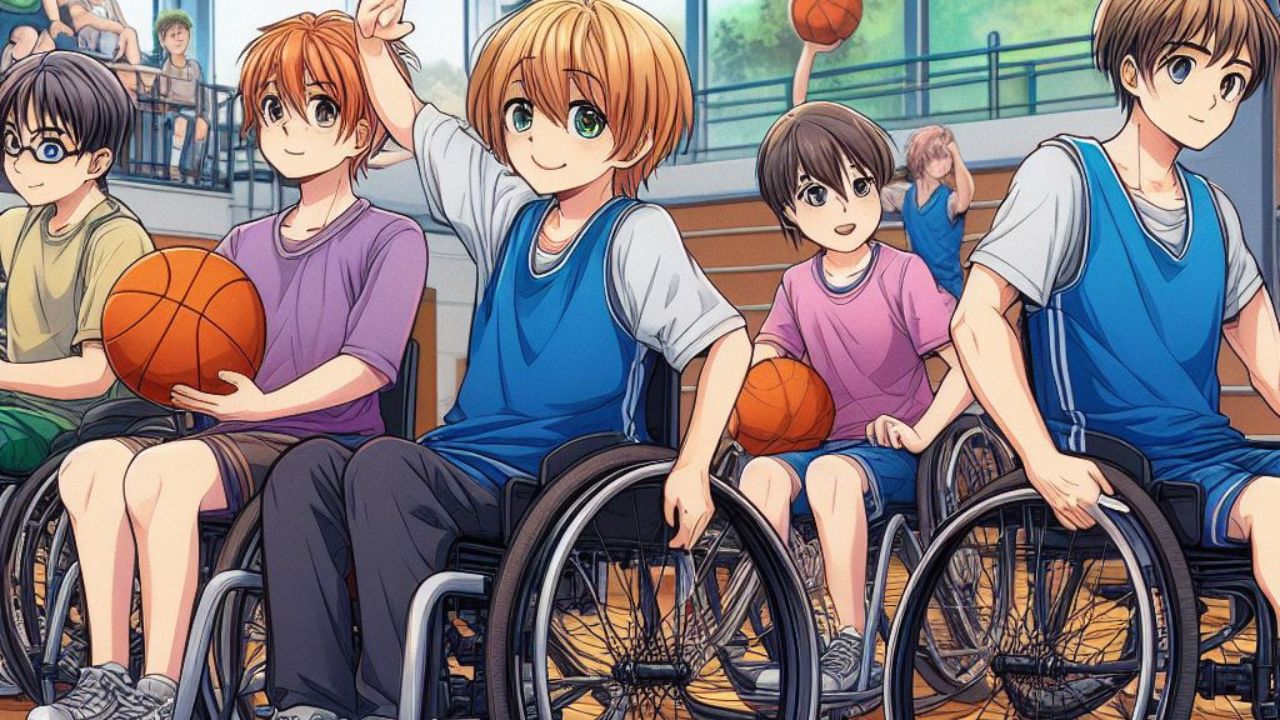
By engaging in simulated social scenarios, children can practice essential social skills in a safe and controlled environment.
This app offers a specialized and patient-centered approach to helping children develop the necessary tools for successful social interactions, ultimately improving their overall social functioning and quality of life.
Virtual Social Interactions
Seven virtual social interaction platforms are revolutionizing the way individuals develop and enhance their social skills in the digital age. These platforms provide a safe and accessible space for people to connect, communicate, and learn from each other.
Here are three examples of virtual social interaction platforms that are gaining popularity:
Virtual playdates: These platforms offer children the opportunity to engage in play and socialize with their peers in a virtual setting. Through interactive games and activities, children can develop important social skills such as turn-taking, sharing, and problem-solving.
Online therapy sessions: Virtual platforms have made it easier for individuals to access therapy and counseling services from the comfort of their own homes. These platforms provide a secure and confidential space for individuals to discuss their concerns, receive guidance, and improve their social and emotional well-being.
Social networking sites: Platforms like Facebook, Instagram, and LinkedIn allow individuals to connect with others, share information, and build professional relationships. These sites provide a platform for individuals to express themselves freely and connect with like-minded individuals.
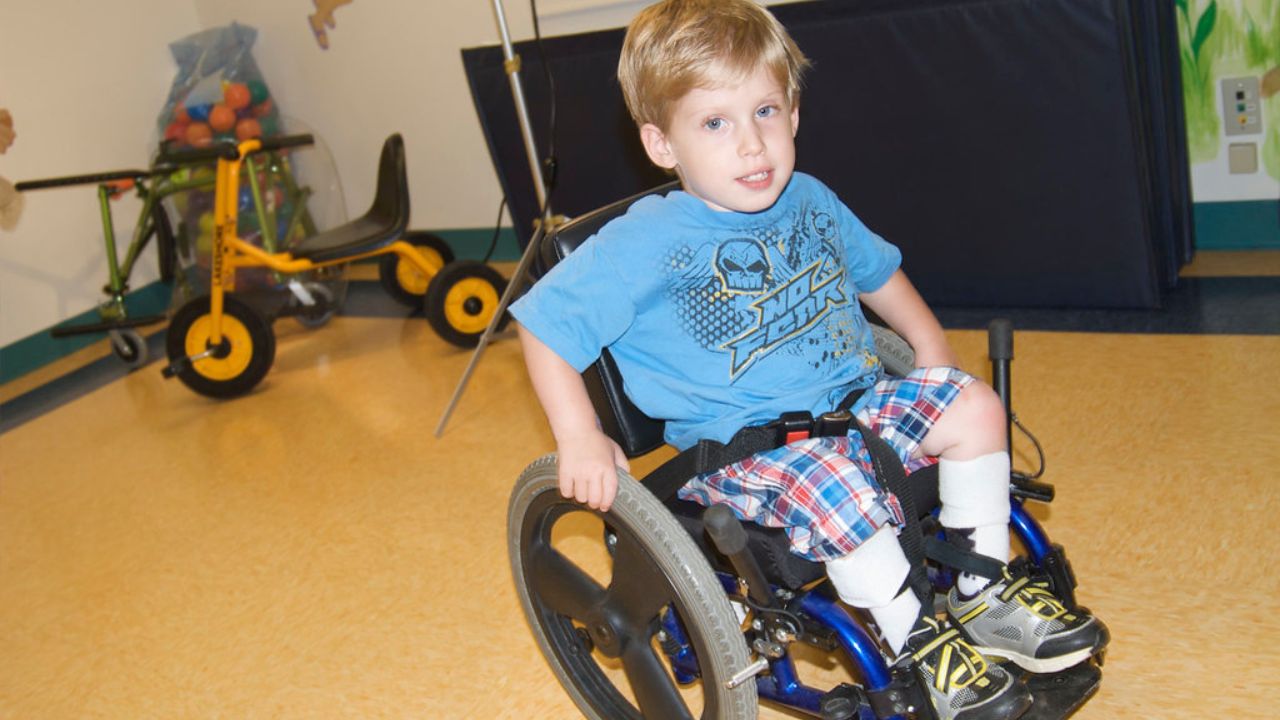
Real-World Application Skills
The importance of real-world application skills becomes evident when individuals possess strong social skills and the ability to effectively communicate and collaborate with others.
In today's rapidly changing world, it is crucial for individuals to develop real-world problem solving and critical thinking skills. These skills enable individuals to identify and analyze complex problems, evaluate different perspectives, and devise innovative solutions.
Real-world application skills are essential for success in various domains, including education, work, and personal life. They empower individuals to adapt to new situations, make informed decisions, and contribute positively to their communities.
Developing these skills requires ongoing practice and exposure to diverse experiences. By fostering critical thinking development and encouraging real-world problem solving, individuals can navigate the complexities of the modern world and become active participants in shaping their own futures.
App 8: Visual Perception Enhancement
The focus of our current discussion centers around the improvement of visual perception through the use of innovative technology. Visual perception challenges can significantly impact an individual's ability to interpret and understand visual information. By enhancing visual perception skills, individuals can experience a greater sense of freedom and independence in their daily lives.
Here are three ways innovative technology can contribute to visual perception enhancement:
Virtual reality (VR) simulations: VR technology can provide realistic and immersive environments that allow individuals to practice and improve their visual perception skills in a controlled setting.
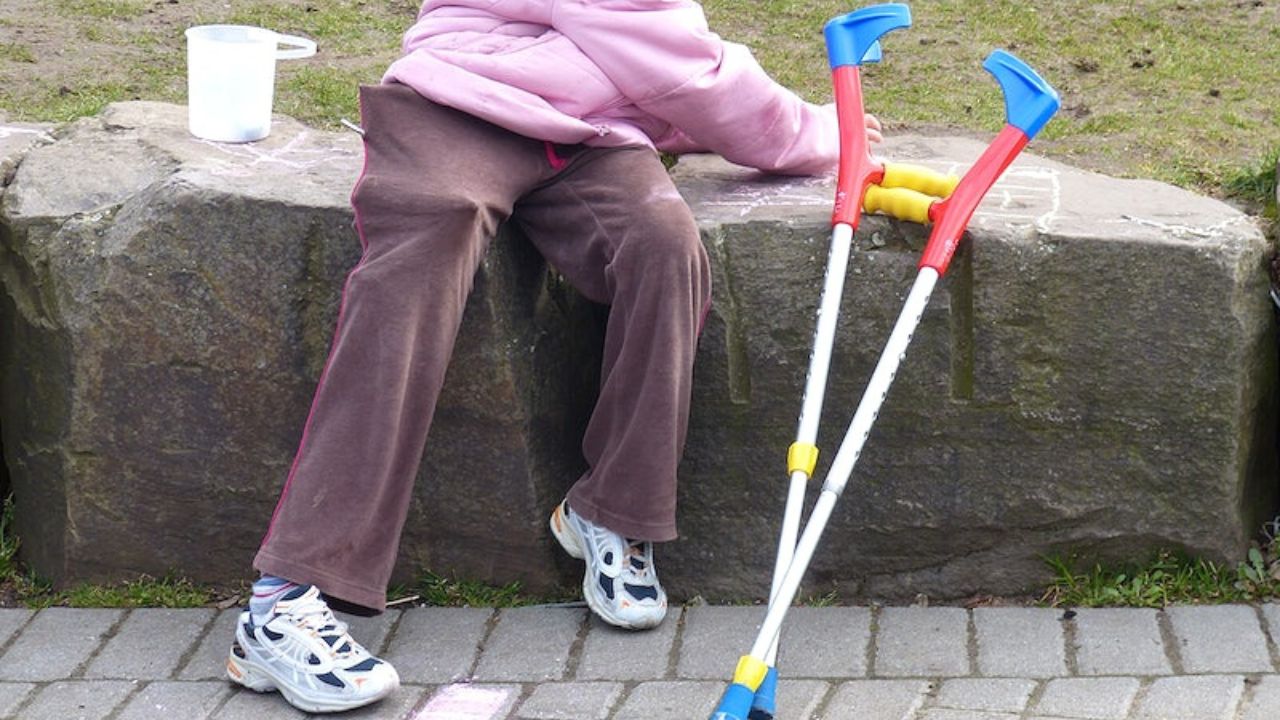
Augmented reality (AR) applications: AR apps overlay digital information onto the real world, allowing individuals to enhance their visual perception by interacting with virtual objects and information in their immediate environment.
Eye-tracking technology: Eye-tracking devices can monitor an individual's eye movements and provide valuable feedback on their visual perception skills, helping them identify areas for improvement and develop strategies to overcome challenges.
App 9: Occupational Therapy Exercises
In addition to visual perception enhancement, our current discussion also delves into the importance of incorporating occupational therapy exercises for optimal pediatric training.
Occupational therapy techniques and therapeutic exercises play a crucial role in assisting children in improving their physical, cognitive, and emotional abilities. These exercises are designed to promote independence, enhance motor skills, and develop sensory processing abilities.
By engaging in purposeful activities, children can improve their strength, coordination, and balance. Occupational therapy exercises are tailored to meet the unique needs of each child, focusing on improving their ability to participate in daily activities and achieve their full potential.
These exercises can range from simple tasks, such as handwriting exercises, to more complex activities, such as obstacle courses. By integrating occupational therapy exercises into pediatric training, we can empower children to overcome challenges and thrive in their daily lives.
App 10: Adaptive Technology Solutions
With the incorporation of adaptive technology solutions, pediatric training can be further enhanced by providing personalized interventions and facilitating the development of essential skills in children. These solutions offer a wide range of benefits, including:
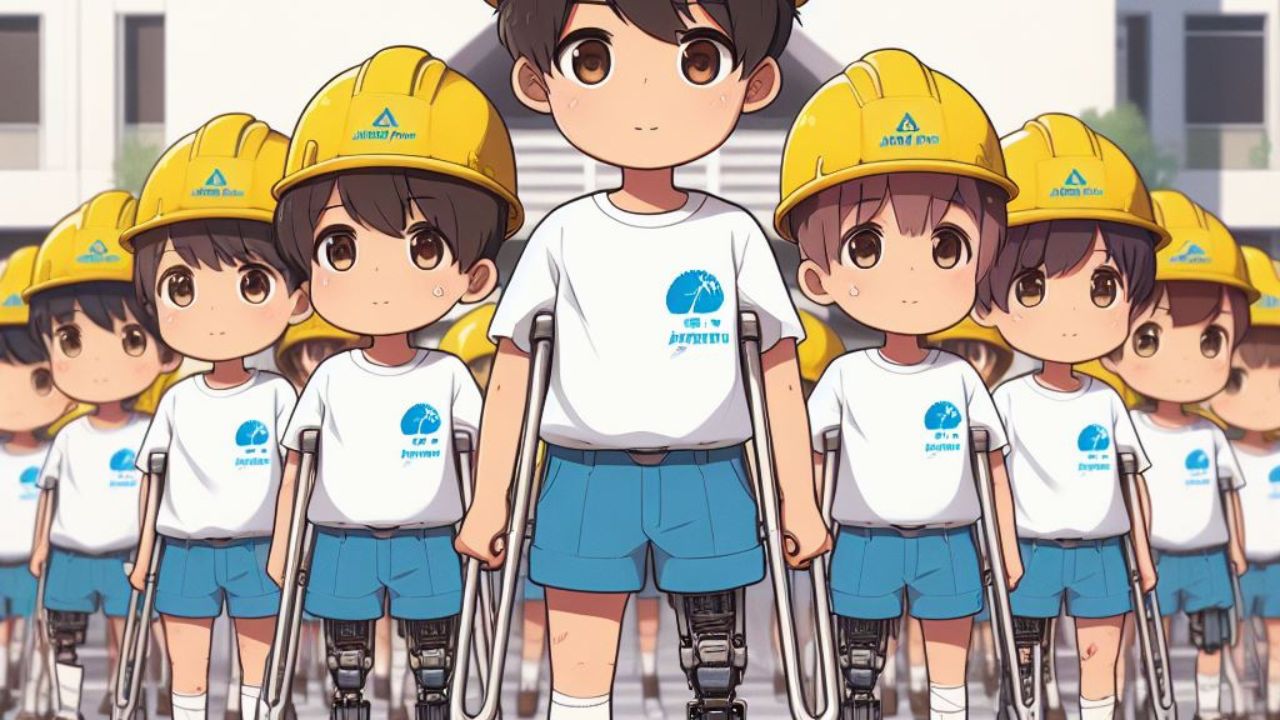
Sensory integration training: Adaptive technology solutions can help children with sensory processing disorders by providing activities that stimulate their senses in a controlled and therapeutic manner. This can improve their ability to process and respond to sensory information, leading to better motor skills, attention, and social interactions.
Individualized therapy: These solutions can be tailored to meet the unique needs of each child, allowing therapists to create personalized treatment plans. By targeting specific areas of development, such as fine motor skills or speech and language abilities, adaptive technology solutions can help children make significant progress in their therapy.
Engaging and motivating interventions: The interactive nature of adaptive technology solutions makes therapy sessions more enjoyable for children. The use of games, animations, and engaging visuals keeps children motivated and focused, resulting in increased participation and better outcomes.
Frequently Asked Questions
Are These Apps Suitable for Children of All Ages?
Age appropriate content is a crucial consideration when evaluating apps for children. While the effectiveness of these apps may vary across different age groups, ensuring that the content is suitable for each child's developmental stage is essential for their engagement and learning.
Can These Apps Be Used by Parents at Home or Do They Require Professional Guidance?
The use of apps for pediatric training at home can have both pros and cons. While parents can enhance their child's mobility, professional guidance is recommended to ensure safety and privacy.
Are These Apps Compatible With Both Android and Ios Devices?
The apps mentioned in the article are compatible with both Android and iOS devices. However, it is important to consider the user experience on each platform, as there may be slight variations in functionality and performance.
Do These Apps Require an Internet Connection to Work?
The apps featured in the article "Boosting Kids' Mobility: Top 10 Apps for Enhanced Pediatric Training" do not require an internet connection to function, ensuring offline functionality. Furthermore, these apps are designed to be accessible for children with disabilities, promoting inclusivity and equal opportunities for all.
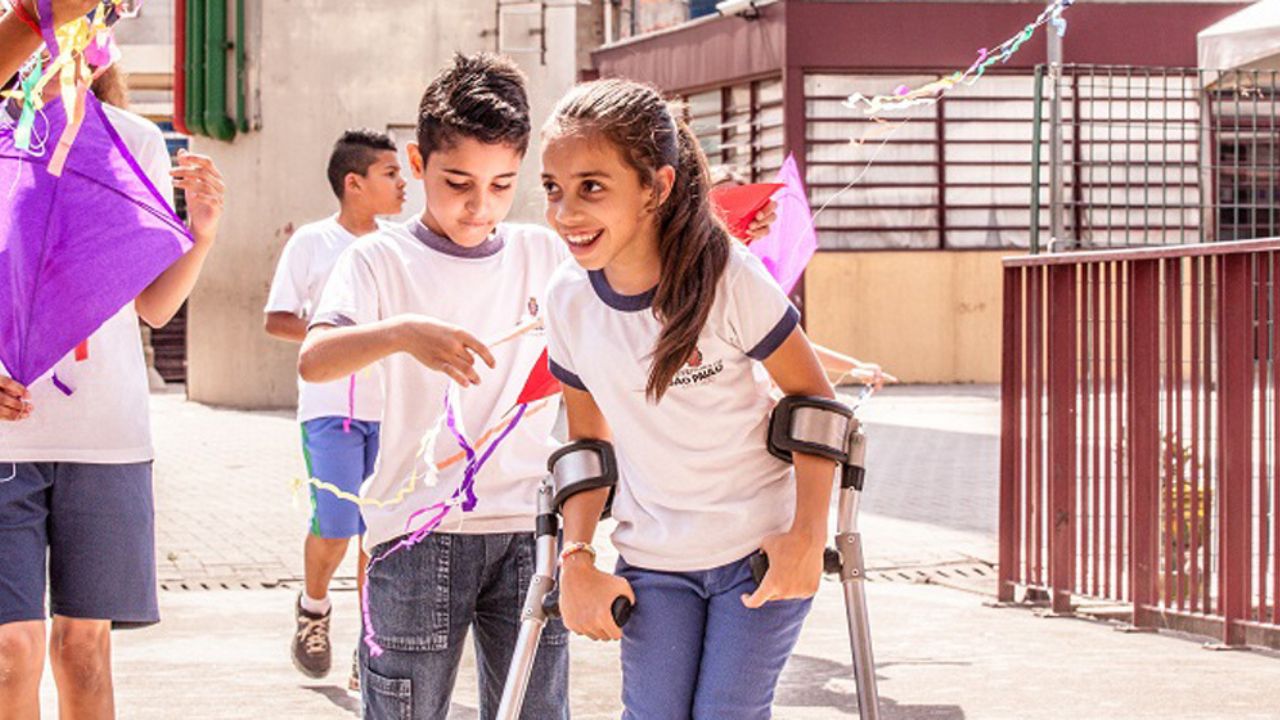
Are These Apps Free or Do They Require a Purchase?
The apps mentioned for pediatric training offer a range of features and functionalities. Some apps are free, while others require a purchase. However, the benefits of using these mobile apps for pediatric training are numerous and can greatly enhance the training experience.
Conclusion
In conclusion, the use of mobile applications has proven to be beneficial in enhancing pediatric training across various domains such as:
- Balance, coordination, fine and gross motor skills
- Cognitive skills
- Speech and language therapy
- Social skills
- Visual perception
- Occupational therapy exercises
These apps provide a specialized and knowledgeable approach, catering to the unique needs of children. By incorporating adaptive technology solutions, they offer a patient-centered approach, ensuring optimal mobility and development in children.
 Mobility trainingHome Fitness RecoverySports Injury PreventionPersonal Physical TherapyOrthopedic SolutionsPrivacy PolicyTerms And Conditions
Mobility trainingHome Fitness RecoverySports Injury PreventionPersonal Physical TherapyOrthopedic SolutionsPrivacy PolicyTerms And Conditions
